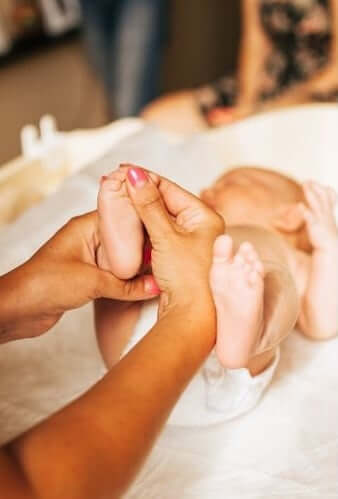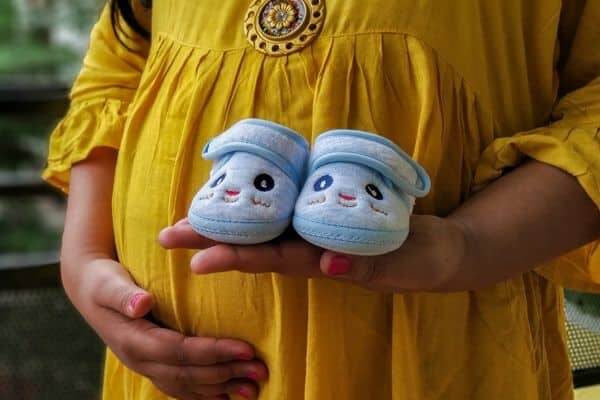For most women, pregnancy is a time of excitement and joyous anticipation. Women rely on support from family as well as medical professionals as they prepare to bring a new life into the world.
What happens then, when a pandemic comes along, bringing with it border closures, strict lockdowns, social isolation and a bewildering set of new rules and regulations?
How do women cope with pregnancy during the pandemic when they find themselves isolated, cut off from family, with only limited access to health services – especially when they are new migrants and still learning the ways of their adoptive country.
Recent research by nursing researcher Ruth D’Souza of RMIT University and migrant cultural issues researcher Sukhmani Khorana of Western Sydney University, took a closer look at the issue.

Presenting analyses of how social isolation and removal of familial support systems impacted pregnant women, they found digital apps coming to the rescue, as well as internet-based forums creating a virtual family network.
Dr Khorana was pregnant during the first wave of COVID and witnessed first-hand the challenges faced by migrant women.
Talking to Indian Link, she narrated the experience of a Sri Lankan woman with whom she shared a hospital room. “Alone in the birth ward, unable to speak or understand English, the woman was visibly overwhelmed and distressed.”
The researchers recruited six women from the Indian subcontinent where cultural norms dictate that the care of a pregnant woman and a newborn is managed by the extended family.
Dr Khorana told Indian Link, “These women were cut off from their extended families much longer than the average Australian. They went through pregnancy and childbirth feeling anxious, alone and unsupported.”
Janvi, a participant, described her birthing experience as “terrible”. Managing her care were a series of doctors, instead of a single one as she would have liked. When she experienced an emergency bleed, she had to stay in hospital all alone, without even her husband for support.
Muskaan, who developed gestational diabetes found telehealth appointments inadequate and longed to see a doctor in person. After giving birth, she felt ‘abandoned’ by the system as maternal health nurses rarely visited to check on her and the baby.
Pakhi, a second time mum with pre-eclampsia struggled to look after herself and her older child without any help.
Stories about missing family, not being able to rest, eat traditional restorative foods and have their babies’ bond with extended family were shared by other participants.
Not surprisingly, women turned to the digital world to create a virtual support environment for themselves while pregnant during the pandemic.
Dr Khorana said, “Being English-speakers and internet savvy, they took recourse to a range of pregnancy related apps and groups for support and guidance.”
Apps like BabyCenter helped women to track their pregnancies and have real conversations with other women on various forums.
Facebook groups were particularly useful in creating a sense of community. On these groups, women received practical tips from other mothers about various aspects of pregnancy and childbirth like breastfeeding, caring for a newborn etc.
One woman found her Facebook group to be a lifesaver when her baby accidentally rolled off the bed. Instead of panicking, she was reassured by advice to wait 24 hours and observe the baby for any unusual symptoms.

On culture specific groups women found answers to questions like “how to make panjiri” or “how to introduce baby to massage”.
While virtual groups reduced social isolation and positively impacted the mental wellbeing of migrant mothers, the need for an official health service driven app was strongly felt.
“Social media is great, but it can make it difficult for people to separate factual information from personal opinion,” Khorana observed. “There is a need for integrated, smartphone enabled apps with in-language support to provide reliable, validated, and regulated health care advice. The NHS in UK has a Mum and Baby app that provides information and support throughout pregnancy, birth, and the postnatal period. A similar initiative is required in Australia.”
Health services should focus on developing flexible solutions that minimise harm yet allow more support for pregnant women, she added.
Would there be long-term effects of the pandemic on the mental health of migrant women who went through pregnancy during the pandemic without traditional support systems? Coming years will tell.
Dr Ruth D’Souza’s podcast Birthing and Justice features conversations with policymakers around birthing policies for immigrant women.
Read More: Community Facebook group provides support for pandemic mums




